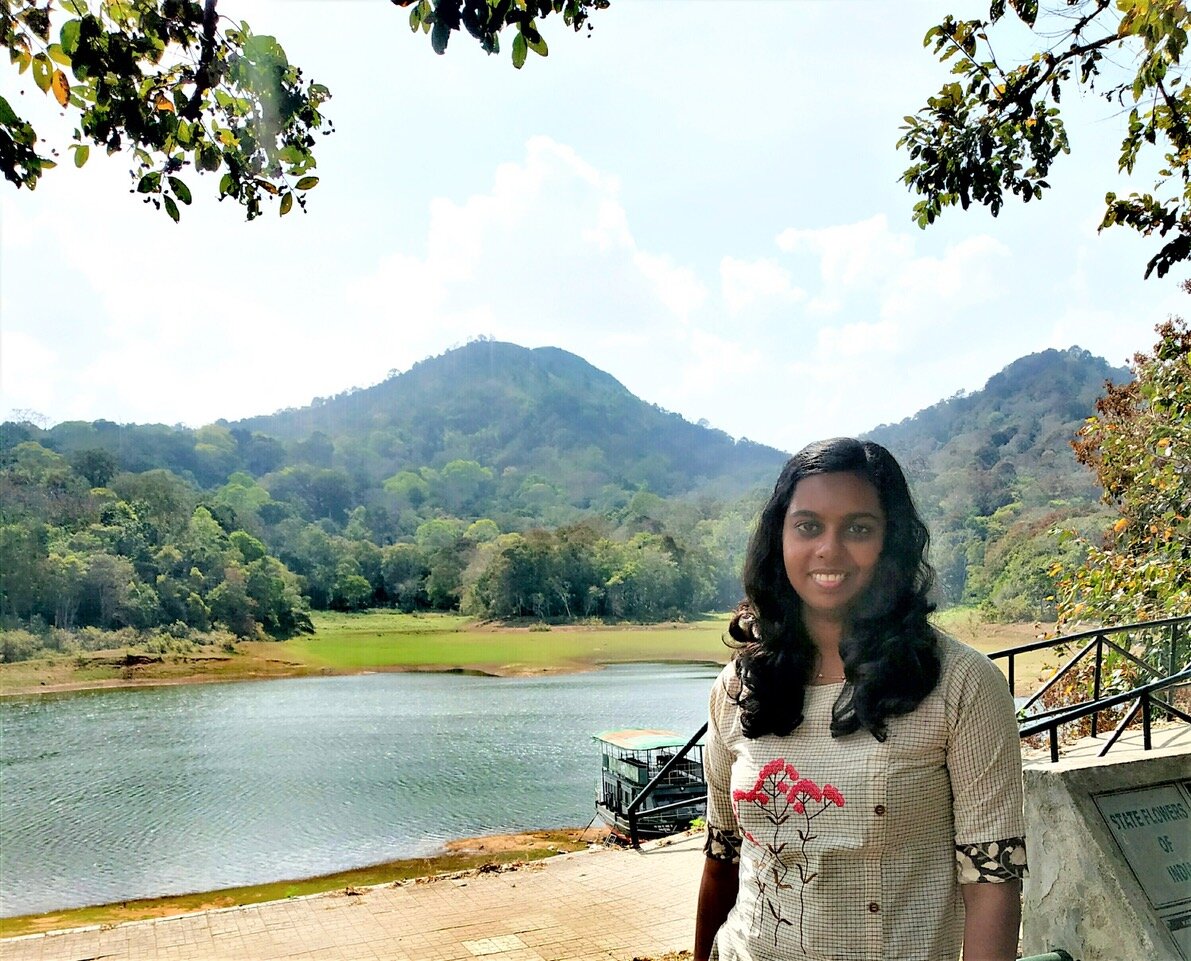
Guest Blog by Anjali Pushkaran
Jun 28, 2021At FIMRC, our operations aim to provide access to healthcare to communities worldwide while also providing volunteer opportunities to learn about the many determinants of global health and their impact on communities. FIMRC has implemented a track program through our Virtual Global Health Fellowship for participants to dive deeper into a specific area of health, including chronic diseases, racism and healthcare, environmental health, and much more.
Recently, FIMRC had the chance to welcome Master of Public Health student Anjali Pushkaran to participate in our Virtual Global Health Fellowship, where she completed the Racism and Healthcare track.
Originally from Kerala, India, Anjali Pushkaran is a third-semester student of the Master of Public Health at Manipal University, India. With a specific interest in global health, she completed a global health exchange during her Master’s with Maastricht University, Netherlands. Her journey with FIMRC began as a one-month Global Health Fellowship in September 2020, which eventually extended to a three-month program. During her time with FIMRC, she worked on a Health Promoter Program for our project site in Kodaikanal, India, and has recently returned for another module in ‘Racism and Healthcare’ as she is deeply interested in social justice issues within the healthcare sector. “Being in a Low-to-Middle-Income Country (LMIC), I find myself digging deep into healthcare in low resource settings,” says Anjali. “For me, there is no better time to learn about public and global health than amid the ongoing pandemic where everyone is in the same storm in different boats.”
Hear What Anjali Had To Say About Her Experience Studying The Racism And Healthcare Track During Her Virtual Global Health Fellowship:

“As a master’s student and a curious global citizen, I always cared to delve deeper into international politics and social issues that affect our healthcare system. This particular module about the impact of race and ethnicity in healthcare caught my attention due to the unique exposure it offers to understand health care from a social justice perception. The learning materials provided were of outstanding quality that I grasped new knowledge every day. The live sessions in this module opened up my mind to numerous realities, so that I went through the process of unlearning and relearning. For example, I got a completely different picture of the impact of racism and the insecurity caused by it when I was made aware that most of the gun deaths in the United States are not homicides but suicides, and white men account for 74 percent of them. Thanks to FIMRC for exposing me to the more intertwining roots of racism. Throughout the module, I got new insights to address the whole complexity of racism in a different light.

[For example], we cannot discuss inequality in healthcare without addressing structural racism. Structural Racism is the normalization and legitimization of a range of historical, cultural, institutional, and interpersonal structures and interactions that advantage whites while producing cumulative ill effects for people of color. It is the most profound and pervasive form of racism, and all other forms of racism (institutional, interpersonal, internalized, etc.) that emerge from this.
[As such], dismantling structural racism is the only right step to end the discrimination and health care equity could not be achieved as a stand-alone. The change process should begin with the three elements of structural racism- public policies, institutional practices, and cultural representations. With racial equity, we would not have social strata, prisons, schools, boardrooms, and communities distinguished by their skewed racial profiles. In addition, provisions of broader health care coverage and insurance to the Black population coupled with more Black people in the medical workforce are very essential to tackle the institutionalized racism in the health sector. By this, we can hope that one day, the sharp protrusions of the wall of the racist hole will disappear forever, and instead, stairs are built upwards for them to come out and see the world in its beautiful colors.

My journey with FIMRC has always been exciting to me. I can undoubtedly state that I learned a lot about global health and development in a resource-constraint setting. Being native to a developing country means I have many chances to apply what I have learned with FIMRC. In India, ethnicity and caste create similar barriers as race in the USA. I am now better equipped to understand and respond to the healthcare needs of the marginalized population. As a global health and development student, the module is of uncompromisable value as the socio-ethnic factors play an essential role in ensuring global health equity. FIMRC will always have a special place in my heart, and I cherish all the moments I had with an amazing team!”
Racism And Healthcare Track Overview:
The FIMRC Racism and Healthcare track highlights various topics, including differences in geography, lack of access to adequate health coverage, communication difficulties between patient and provider, cultural barriers, provider stereotyping, and lack of access to providers.
Week 1: Overview of history of systemic racism and health in the US
Week 2: Racism in medical research
Week 3: Racism in access to healthcare services
Week 4: Racism in health worldwide (including how organizations work with racism)
Case Studies: Costa Rica, Indigenous with LM, Venezuelan with HYO, Haitians with DR.
Learn More:
For more information on Racism in Healthcare, read our previous blog on the topic, here.
If you’re interested in learning more about FIMRC’s Virtual Volunteer Programs and healthcare tracks, email [email protected]
If you’re a fellow FIMRC volunteer and would like to share your story, email [email protected]
Want your questions on volunteering abroad answered quicker? Book a quick call with our team!
Stay connected with news and updates!
Join our mailing list to receive the latest news and updates from our team.
Don't worry, your information will not be shared.
We hate SPAM. We will never sell your information, for any reason.

